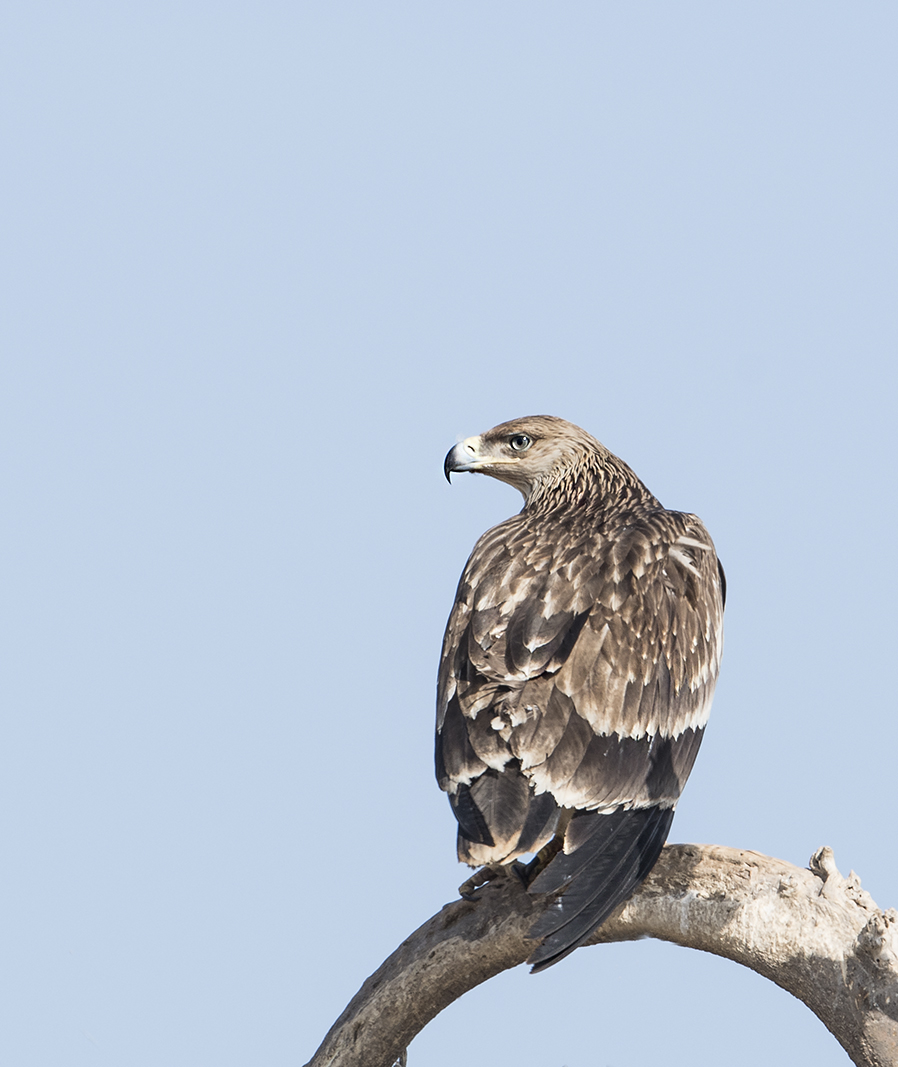Eastern Imperial Eagles, a majestic bird of prey, are known for their impressive size, powerful talons, and sharp beaks. However, contrary to popular belief, these eagles do not intentionally break their beaks as part of a renewal process. This misconception has been circulating for years, but it is essential to understand the true nature of these birds and their beak maintenance.
The Myth of Beak Breaking
The idea that Eastern Imperial Eagles, or any eagles, break their beaks as a means of rejuvenation or transformation is a myth that has been debunked by experts. This myth likely originated from an inspirational email that has been circulating since at least 2007, claiming that bald eagles undergo a remarkable transformation at the age of 30, during which they pluck out their beaks, talons, and feathers to live another 30 years.
However, this narrative is biologically inaccurate and has been thoroughly refuted by ornithologists and wildlife biologists. Eagles, including the Eastern Imperial Eagle, do not intentionally discard or replace their essential tools for survival, such as their beaks and talons.
The Importance of Beaks and Talons
 Image source: eastern imperial eagle By Koshy Koshy
Image source: eastern imperial eagle By Koshy Koshy
Eagles’ beaks and talons are crucial for their survival and hunting abilities. Their beaks are specially adapted for tearing flesh, while their talons are used for catching and carrying prey. These features are not casually discarded or replaced, as they are essential for the eagles’ way of life.
Instead, eagles naturally maintain their beaks and talons through their diet and behaviors. For example, they may rub their beaks on hard surfaces to clean and sharpen them, ensuring they remain in optimal condition for hunting and feeding.
The Natural Molting Process
While it is true that eagles, including the Eastern Imperial Eagle, do undergo a natural molt, during which they lose and regrow their feathers, this process is carefully coordinated to maintain the bird’s ability to fly and hunt. However, this molting process does not involve the intentional plucking of beaks, talons, or feathers.
The molting process is a natural and necessary part of an eagle’s life cycle, allowing them to replace worn or damaged feathers and maintain their flight capabilities. This process is not a means of rejuvenation or transformation, as the inspirational email suggests.
Threats Faced by Eastern Imperial Eagles
Eastern Imperial Eagles face numerous threats in their natural habitats, including illegal shooting, poisoning, habitat loss, and electrocution from power lines. These threats pose a significant challenge to the conservation of this species, but breaking their beaks intentionally is not a documented or expected behavior.
Conclusion
In summary, the myth that Eastern Imperial Eagles break their beaks as part of a renewal process is biologically inaccurate and has been debunked by experts. These majestic birds do not intentionally discard or replace their essential tools for survival, such as their beaks and talons. Instead, they naturally maintain these features through their diet and behaviors, ensuring they remain in optimal condition for hunting and feeding.
Understanding the true nature of Eastern Imperial Eagles and dispelling such myths is crucial for their conservation and the preservation of these magnificent birds of prey.
References:
– Flight for Survival. Eastern Imperial Eagle. https://flightforsurvival.org/birds/eastern-imperial-eagle/
– National Geographic. Bald Eagle. https://www.nationalgeographic.com/animals/birds/facts/bald-eagle/
– USGS Publications Warehouse. Eastern Imperial Eagle Aquila heliaca. https://pubs.usgs.gov/publication/70229674
– Jacksonville.com. Fact Check: Email about bald eagles just doesn’t fly. https://www.jacksonville.com/story/news/2014/04/08/fact-check-email-about-bald-eagles-just-doesnt-fly/15798062007/

